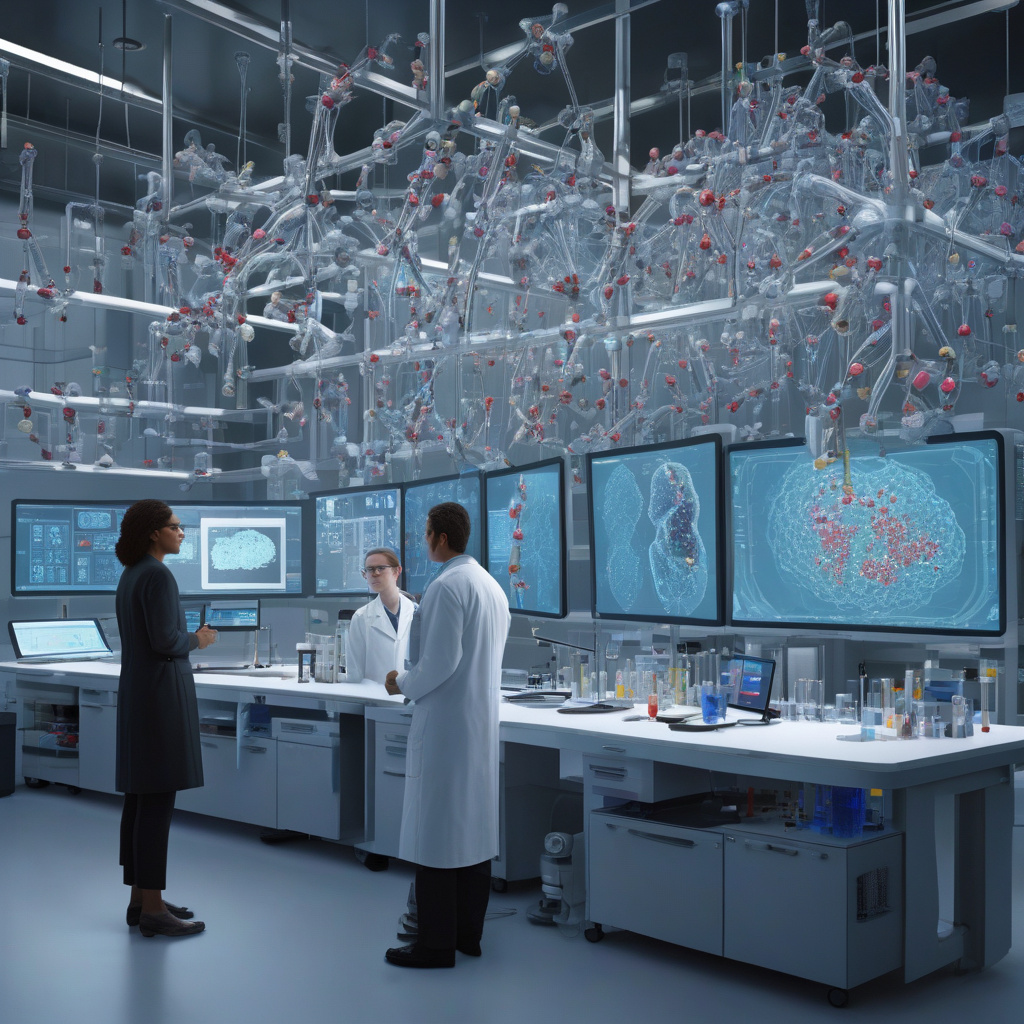Artificial Intelligence (AI) has once again proven its prowess in revolutionizing the way we tackle challenges. In a groundbreaking development, researchers at the renowned Massachusetts Institute of Technology (MIT) have harnessed the power of AI to craft two innovative antibiotics that exhibit the potential to combat drug-resistant superbugs, a pressing global health concern. Among these formidable adversaries is the notorious gonorrhoea bacterium, which has been steadily evolving to evade conventional treatment methods.
The utilization of AI in the creation of these novel antibiotics marks a significant milestone in the field of medicine. By leveraging machine learning algorithms and computational models, researchers were able to expedite the drug discovery process significantly. Traditionally, developing new antibiotics is a time-consuming and labor-intensive endeavor that often lags behind the rapid mutations of bacteria. However, with AI at the helm, the capacity to swiftly analyze vast datasets and identify promising compounds has been greatly enhanced.
One of the key advantages of AI-driven antibiotic design is its ability to target specific vulnerabilities in bacteria that have developed resistance to existing drugs. By deciphering intricate patterns and interactions at a molecular level, AI can pinpoint tailored solutions that disrupt the mechanisms employed by superbugs to survive. This precision approach not only increases the effectiveness of the antibiotics but also minimizes the likelihood of resistance emergence—a critical factor in combating the escalating threat of antimicrobial resistance.
The implications of this breakthrough extend far beyond the realm of antibiotic development. The success achieved by MIT researchers underscores the immense potential of AI in transforming healthcare and biopharmaceutical industries. As AI continues to refine its capabilities in drug discovery and personalized medicine, we stand on the brink of a new era where innovative solutions to complex medical challenges are within closer reach than ever before.
The convergence of AI and antibiotic research represents a beacon of hope in the ongoing battle against superbugs. As we witness the tangible outcomes of AI-driven innovation, it becomes evident that the marriage of technology and healthcare holds immense promise for addressing some of the most pressing global health threats. With each stride forward, we inch closer to a future where diseases once deemed insurmountable may be conquered through the ingenuity of artificial intelligence.
In conclusion, the groundbreaking work conducted by MIT researchers serves as a testament to the transformative potential of AI in reshaping the landscape of antibiotic development. By harnessing the computational capabilities of AI, we not only accelerate the pace of innovation but also pave the way for more effective therapies against drug-resistant pathogens. As we navigate the complexities of modern healthcare, embracing the synergy between human ingenuity and technological advancement is paramount in overcoming the challenges that lie ahead.

